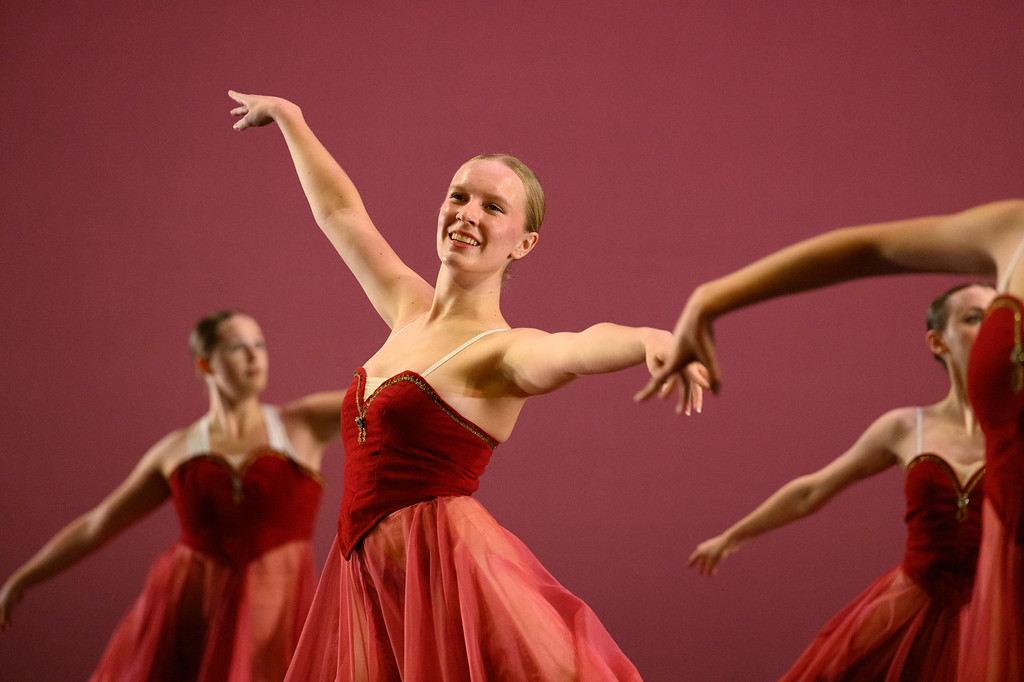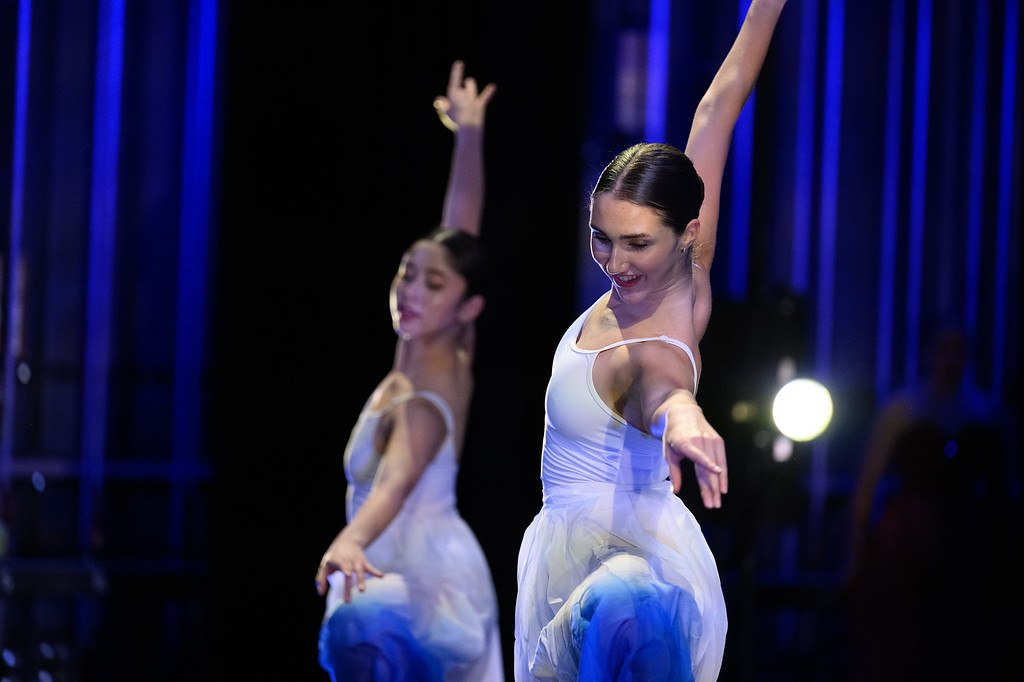Turning Lemons into Lemonade: A Ballet Miracle at Gonzaga University

Gonzaga University's dance program faced an unexpected challenge when a scheduled performance by Ballet Fantastique fell through, leaving students and faculty scrambling to salvage the performance. In an interview with Suzanne Ostersmith, the Director of Dance at Gonzaga University, we delve into how Pam Erickson, a steadfast instructor with 20 years of dedication to the program, turned this crisis into a transformative opportunity.

Pam Erickson, known for her technical expertise and creative vision, played a pivotal role in rescuing the situation. According to Ostersmith, Erickson's ability to drill down into the aesthetic expectations of ballet became a beacon of hope during the new performances tight turnaround. Erickson had the challenging task of not only finding a solution but also maintaining the high standards of the dance program.
The original collaboration with Ballet Fantastique, a professional company from Oregon, had been in the works for a year. However, just weeks before the scheduled performance, the company introduced challenges that made a performance prohibitive, leaving Gonzaga in a tight spot. Erickson, undeterred by the setback, proposed a creative alternative.

Rather than canceling the show, Erickson suggested assembling local choreographers to create a new production. In a matter of weeks, she identified three highly regarded choreographers, who, with only two rehearsals each, managed to set the beginning of the piece for Gonzaga's season opener.
The innovations did not end there. Erickson, drawing on her extensive knowledge of dance history, framed the evening in a historical context. She took the audience on a journey through the development of dance, from the French courts to contemporary ballet, addressing pertinent issues such as elitism within the art form. The evening also featured demonstrations of classic ballets by students, providing a rich and educational experience for the audience.
The result of Erickson's quick thinking and dedication was a resounding success. The Myrtle Woldson Performing Arts Center witnessed a full house, and the caliber of Gonzaga's dancers impressed both faculty and community members alike. The students, originally set to assist a professional company, now found themselves at the center of a unique and self-made production.

Ostersmith emphasized the educational benefits of this unexpected turn of events, with students rehearsing five days a week and gaining valuable experience. She commended Erickson's ability to not only salvage the situation but also enhance the overall educational impact for the students. When asked, Erickson commented on the joys of teaching with Gonzaga’s dance department, saying, “I am incredibly grateful to work in a department that offers me both challenges and support and my purpose in dance education is to push my students with the same understanding.”
This remarkable story showcases the resilience and creativity within Gonzaga University's dance program, thanks to the unwavering dedication of instructors like Pam Erickson. It highlights how a crisis can be turned into an opportunity, with students and faculty coming together to create an unforgettable evening of dance that will be remembered for years to come.
